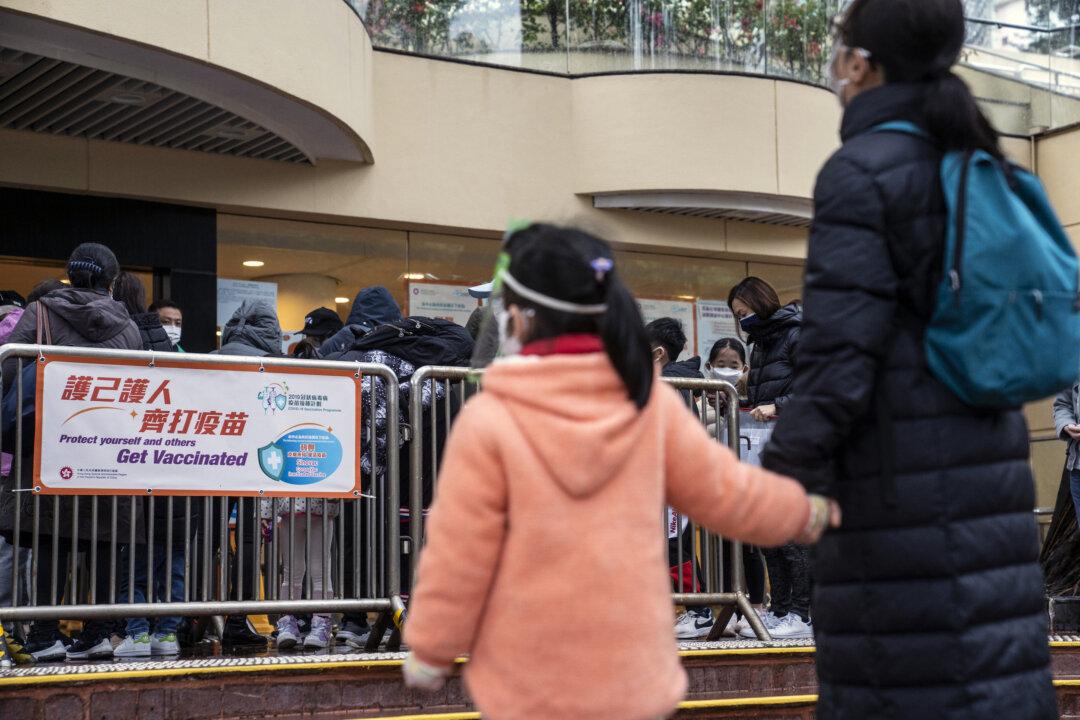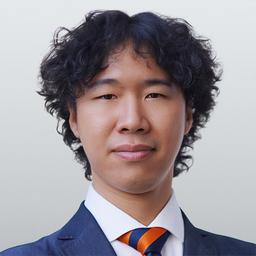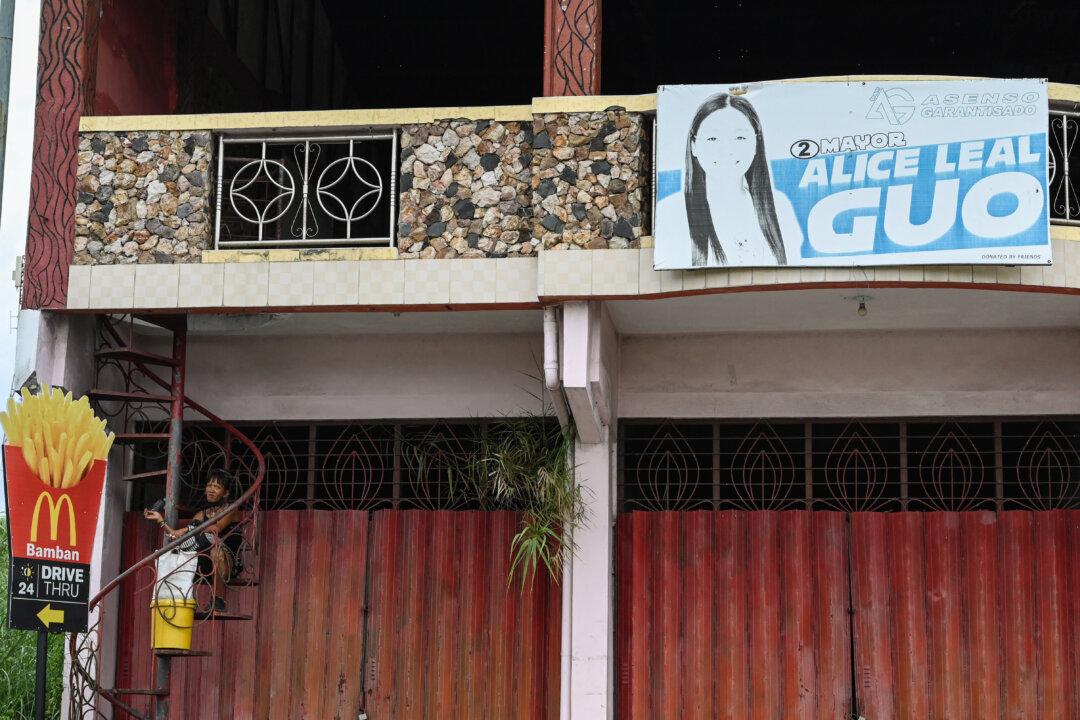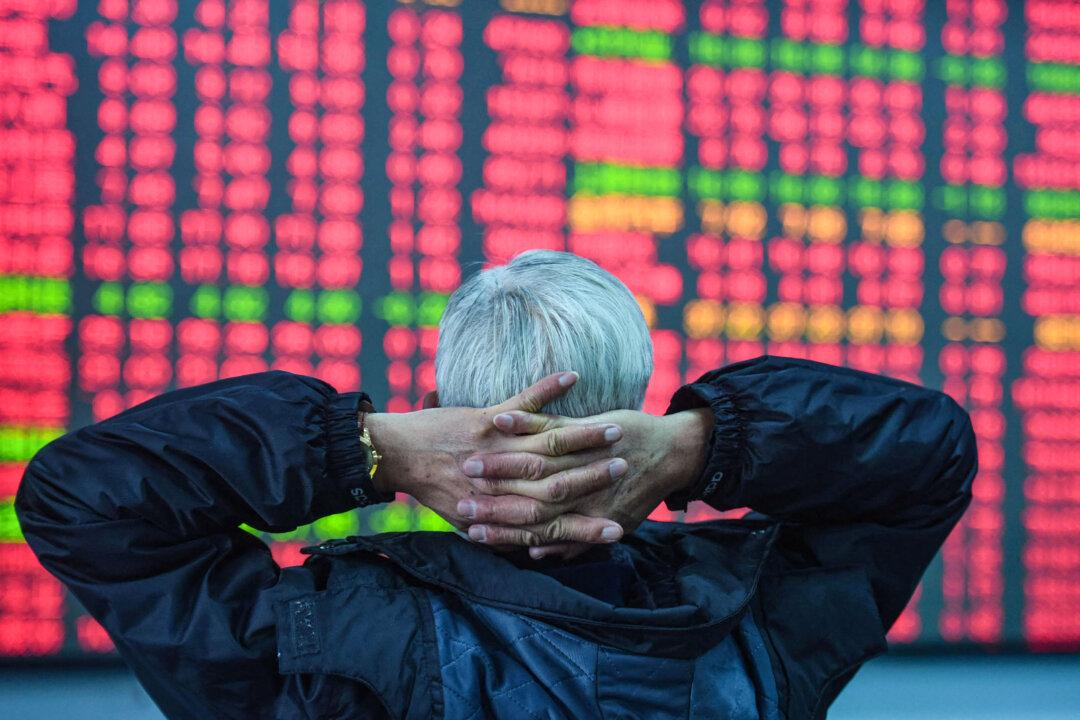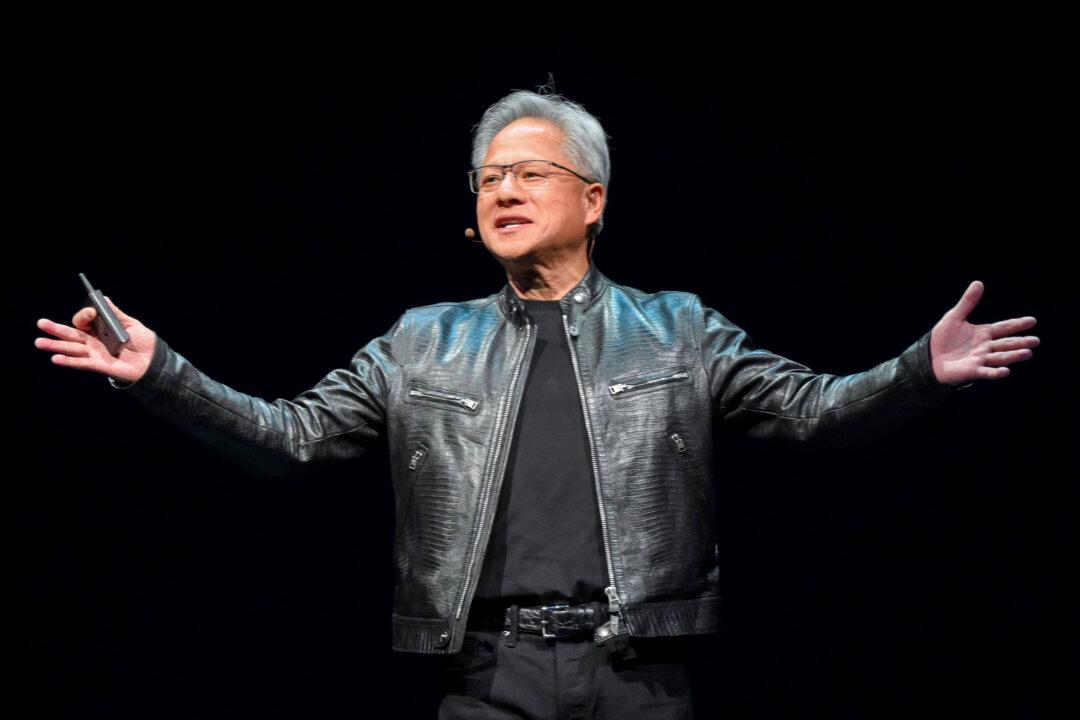Production of the Sinovac COVID-19 vaccine, which was aggressively promoted worldwide by the Chinese Communist Party (CCP), has been completely shut down, once again placing the safety of China’s vaccines under scrutiny.
On Jan. 10, a document from China’s Sinovac Biotech circulated on social media, stating that “all production of the company’s COVID-19 vaccine has been suspended, and there are currently no sales of COVID-19 vaccine products.” The information hotline staff of Sinovac Biotech confirmed that production has indeed ceased, according to a Radio Free Asia Chinese report on Jan. 11.
Chinese state media The Global Times cited “falling market demand” as a probable reason for the production halt.Sinovac Biotech’s inactivated-virus COVID-19 vaccine was one of the first vaccines launched for use in China and became its most widely used and exported COVID-19 vaccine.
In 2023, China launched an mRNA vaccine and other XBB (Omicron-specific) vaccines. Some virologists suggested that the mRNA vaccines would be an improvement over inactivated-virus vaccines.
However, the willingness of the general public in China to receive vaccines has significantly declined. Insiders in the Chinese vaccine industry revealed that there is public reluctance concerning the vaccine, and no official target for promoting it. Hence most provinces and cities in China have little incentive to buy vaccines, and manufacturers find it difficult to sell them.
Reports of Side Effects
Much of the hesitancy surrounding China’s COVID-19 vaccines is related to safety concerns. Since the launch of the Sinovac vaccine, its effectiveness and safety have been questioned both domestically and internationally.
Many people in China have complained on social media about side effects including measles, leukemia, and diabetes, and have questioned whether a large number of sudden deaths are related to the vaccine.
In one shocking account, Jiang Yong (a pseudonym), a resident of the coastal Chinese province of Jiangsu, told The Epoch Times on Jan. 11 that more than a dozen of his family members had died within a year of receiving the vaccine.
Mr. Jiang said that after his uncle was forced by his village committee to get vaccinated in July of 2022, he came home saying he did not feel well, and died that night. On Oct. 20, 2023, after her third shot, his aunt experienced extreme dizziness. After being sent to the hospital, she was diagnosed with a cerebral hemorrhage and died hours later.A distant relative of Mr. Jiang’s, who was only 16 years old, also died of a cerebral hemorrhage after receiving the vaccine.
His experience prompted Mr. Jiang to read overseas reports on the side effects of vaccination, and he became concerned about the physical condition of people around him who had received the Sinovac vaccine.
The number of deaths in his area was particularly high, Mr. Jiang said, yet many people refused to believe that the vaccine had anything to do with the deaths, or they were afraid to investigate. The elderly were the most likely to die, he said.
Mr. Jiang observed a variety of illnesses that seemed to manifest themselves shortly after vaccination. For instance, one of his cousins developed advanced nasopharyngeal cancer after vaccination. Nasopharyngeal cancer is relatively easy to treat, and his cousin is getting better after treatment. However, an uncle, after vaccination, was diagnosed with lymphoma. And one of Mr. Jiang’s nieces was also diagnosed with advanced lymphoma after her third dose of the vaccine.
“After vaccination, all kinds of diseases, such as diabetes, leukemia, spinal cord disease, anemia, etc. were reported,” he said. “Before the vaccine, they were all in good health, but after the vaccine, why did so many people get sick and die? We cannot obtain a proper medical diagnosis, so we are very skeptical.”
Mr. Jiang said that if the family of the deceased requests an investigation, they will be told that the death following vaccination was simply a coincidence.